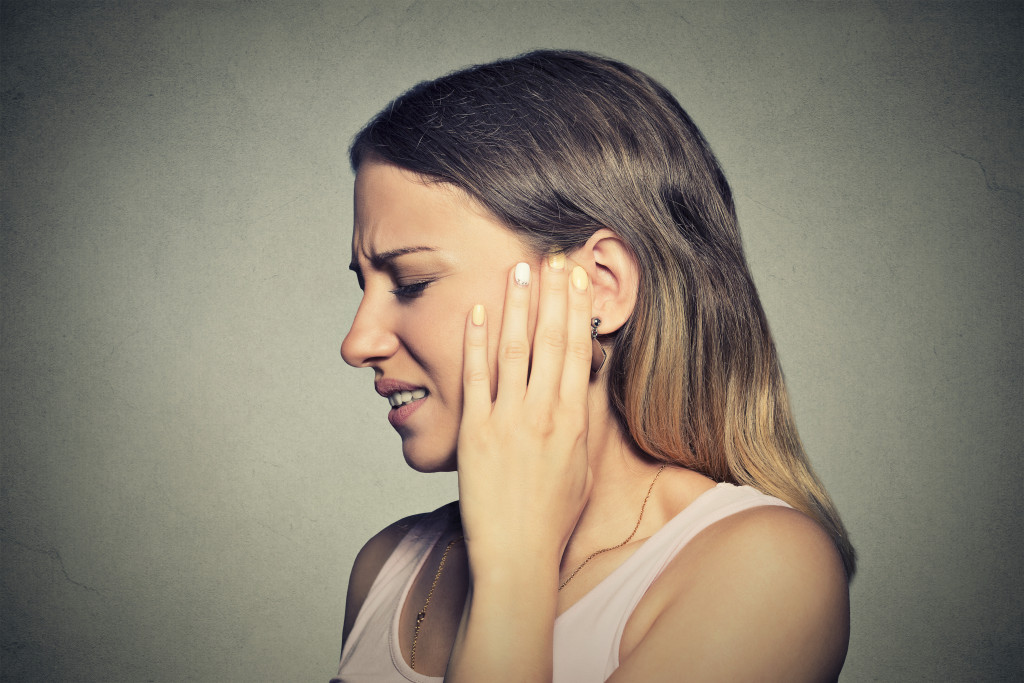Disclaimer: This website provides health information for educational purposes only and is not a substitute for professional medical advice, diagnosis, or treatment. Always seek the guidance of a qualified healthcare provider with any questions you may have.
Wisdom teeth Gordon are the very last teeth to erupt in our mouth; this means that by the time they come there is very little space left and the eruption causes a range of issues. This usually happens in our 20s although it can happen earlier in some patients and much later in others. Millions of wisdom teeth Gordon are extracted every year and it is thought that approximately 85% of people need to have a wisdom tooth extraction in their lifetime. If your wisdom tooth is healthy and there is sufficient space in your mouth then you are one of the lucky ones.
Pericoronitis
There are many reasons why your wisdom teeth Gordon may need to be extracted. The first of these is pericoronitis. This occurs when a wisdom tooth is erupting but it is partially covered by the gum. The gum creates a flap, underneath which food particles may linger as your toothbrush cannot reach this part of your mouth. This causes bacteria to grow and flourish resulting in pain, swollen gums and bad breath. The dentist can remove the gum however if the inflammation occurs again then a wisdom tooth extraction is recommended instead.
Tooth decay

Another reason why wisdom teeth may need to be extracted is as a result of tooth decay. Again, tooth decay occurs in places where your toothbrush does not reach meaning that food particles accumulate and bacteria is able to flourish. As the wisdom teeth are right at the back of the mouth it is difficult to access for cleaning. It is unlikely that you will be able to floss between the wisdom teeth and if the tooth is partially erupted then the likelihood of tooth decay and infection is greater. The symptoms are unpleasant and include pain and swelling around the tooth, gum disease, an unpleasant taste in your mouth and bad breath. In this case the best solution is wisdom tooth removal.
Damage to surrounding teeth

Another scenario in which wisdom teeth need to be extracted is when it is causing damage to the adjacent teeth. As mentioned, because of a lack of space in the jaw, a wisdom tooth can apply pressure to your molars. This pressure increases as the tooth erupts and leads to damage or resorption of the adjacent teeth. It also increases the chance of tooth decay and as the molars are more important than the wisdom teeth it is better to have the tooth extracted in order to protect their molars.
Cysts and tumours
Some patients suffer from an impacted wisdom tooth. If this occurs a sac filled with fluid can be formed around the impacted tooth known as a dental cyst. A dental cyst can grow and cause damage to the surrounding tissue, bone and adjacent tooth. If you develop a dental cyst then the dentist will remove both the cyst and the tooth together. In the same way if you develop a dental tumour the tooth will be extracted with the associated tumour. A dental cyst and a dental tumour can be identified using x-rays and show the associated damage that is occurring whilst the cyst or tumour is there. By removing the cyst and tumour as well as the tooth, the dentist will relieve the painful and uncomfortable symptoms that you may be experiencing and prolong the life of your remaining teeth.
Speak to your dentist today if your wisdom teeth are troubling you.




